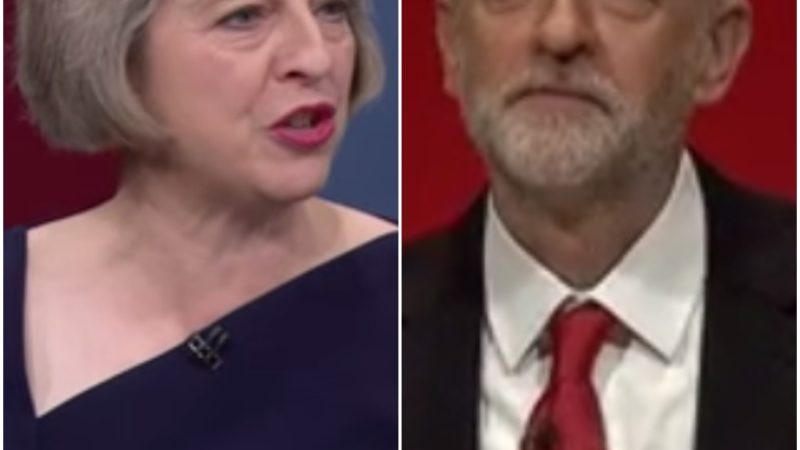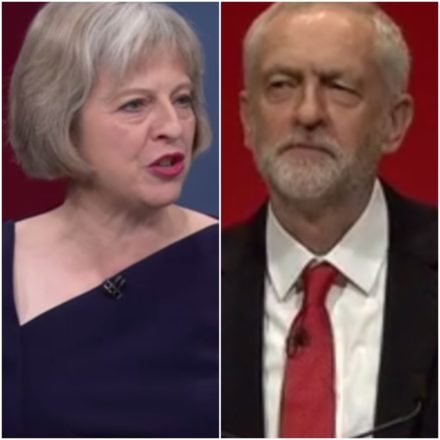

The potteries in Stoke didn’t close because of immigration. They closed because of foreign competition from China and the developing world. The vote for Brexit was a rejection of foreign competition, more than a rejection of migration, but one issue was brought into the debate while the other wasn’t.
If the advocates of Brexit had told the electorate that a vote for Leave would result in the government opening the floodgates to Chinese competition then they would never have voted for it. But that is exactly what Theresa May proposes. She wants a wall to block off the rich countries of France and Germany and then to open the door to China, India, Africa and Latin America.
Donald Trump’s protectionism understands the US electorate better. He wants to build a wall against Mexico and China but wants free trade with rich countries such as Britain and the EU. He wants to defend American heavy industry, while May wants to open British industry to a free-for-all of developing world competition.
The steel plants and potteries in China have lower costs on everything. No health and safety expense, no insurance expense, no business tax, no environmental regulation and the offer of interest-free loans from government. It’s not a free market. It’s a massively rigged market. If we have to compete with them, then the remaining potteries in Stoke will be wiped out. Steel plants across the country will close. Chemical manufacturers will be pushed out of business. All heavy industry will suffer. It would be a disaster.
The only beneficiaries will be the multinational companies. They will be able to open more divisions abroad and do a healthy business in these developing countries. It will probably create new head office jobs in London. But it will be at the expense of ordinary workers elsewhere. This is similar to the Thatcher reforms of the 1980s and would lead to an increased concentration of wealth in London at the expense of decimation in the north.
For this reason the Labour Party has every right to reject article 50. This is not because we reject the Brexit vote, but because we reject the plan to follow it. A vote for article 50 is a vote to inflict globalisation upon our heavy industry on a massive scale. It’s a vote for unemployment and a vote for the destruction of our industry. No-one voted for this plan in the referendum.
This still leaves the unresolved issue of mass immigration, which people did vote against. They did not vote against the freedom of movement, but against foreigners taking jobs that British people would accept, if they were given the chance. Too many bosses believe that eastern Europeans are better workers and discriminate against British workers as a result. This is a problem.
We will continue to be a member of the EU for the next five to ten years. This problem of discrimination against British workers will continue, unless we act against it. We cannot, and would not, pass a law discriminating against EU workers, but we can outlaw discrimination against British workers. This would be acceptable to the EU.
In order to make this law easy to implement, we could have a rule that says companies must employ at least 30 per cent British workers, in order to demonstrate that they are not being discriminatory against British workers.
I’ll end this by pointing out that we have no problem with free trade deals with rich countries such as the US. However, we do have a problem with May being so keen on getting that deal that she will do anything to please Trump. He is a manipulative man and negotiations with America will not start for at least five years. In that time, May will do anything to keep him on side. This leads to the uncomfortable fact that, for the next five years, the British prime minister will be “putting America first.”
So much for taking back control.




More from LabourList
‘Labour is being badly misled on housing’
Reeves bets on patience over populism
‘Energy efficiency changes must work for older private renters’